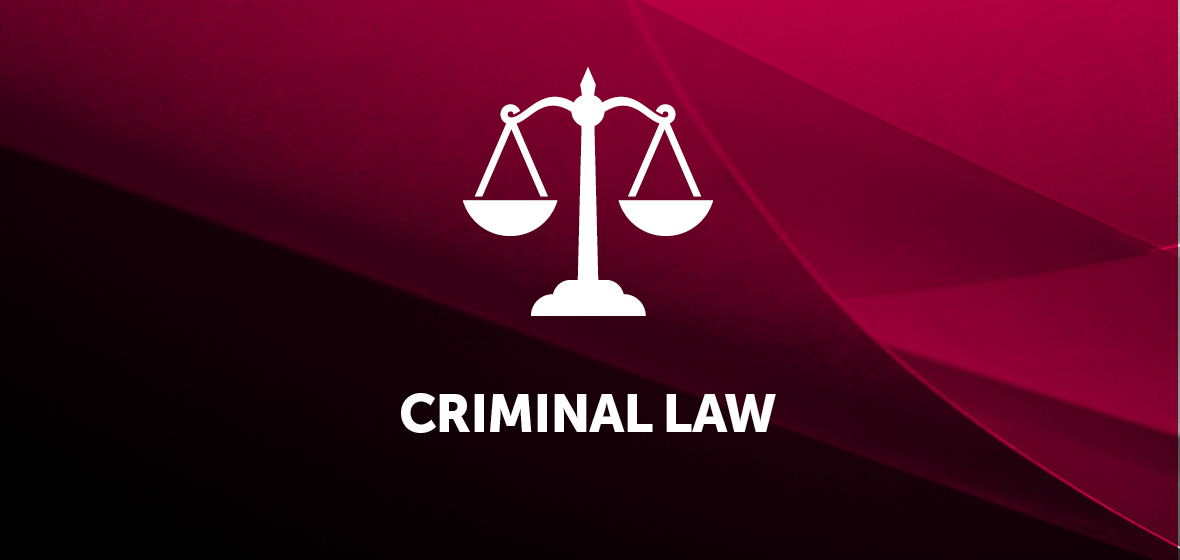Key decisions
- Lloyd v R [2022] NSWCCA 18
- Black v R [2022] NSWCCA 17
Lloyd v R [2022] NSWCCA 18
Sentencing – expert reports without giving evidence – Qutami – lawyerly arrogance
Most criminal law practitioners will be familiar with the authorities urging sentencing courts to exercise caution before giving any weight to untested statements made by offenders to experts. Here, the Court of Criminal Appeal (‘CCA’) observed there is no ‘principle’ that such statements are automatically deserving of less weight, and the expert opinions which rely on those statements should not lightly be swept aside (at least, not in the absence of requiring the expert for cross-examination).
The applicant was sentenced for entering a dwelling house with intent to commit a serious indictable offence (assault occasioning actual bodily harm), in circumstances of special aggravation (wounding with intent), along with some offences taken into account on a Form 1. He entered the victim’s home brandishing a box-cutter, in the presence of four or five other men; he apparently believed the victim to be a sex predator. The applicant was sentenced to 8 years, with a non-parole period of 5 years.
The evidence on which the applicant was sentenced included a psychological report. The report was tendered without the applicant giving evidence. That report was relied upon, in part, to invoke the principles in Bugmy v The Queen (2013) 249 CLR 571 (‘Bugmy’). Bugmy provides, very broadly, that a disadvantaged upbringing must be given full weight each time the offender is sentenced, and an offender’s moral culpability may be reduced by reason of that dysfunctional childhood. In the applicant’s case, the report disclosed his upbringing included being surrounded by alcohol abuse, violence, sexual abuse, and abandonment by his mother in his early teens. The applicant specifically relied upon the report to identify a causal connection between the applicant’s upbringing and his offending.


